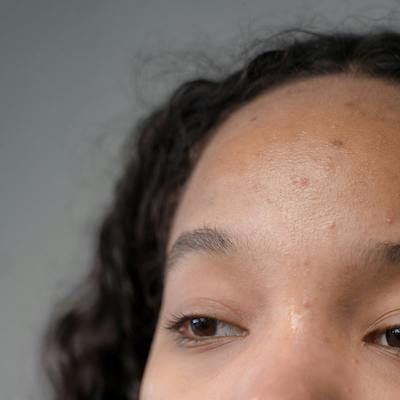Article
How COVID-19 Affects Dermatology
Author(s):
A dermatologist discusses how to care for patients with psoriasis during the COVID-19 pandemic.

Joel Gelfand, MD, MSCE
Comorbidities associated with psoriasis are some of the same ones that exacerbate coronavirus disease 2019 (COVID-19), Joel Gelfand, MD, MSCE, said in a recent HCPLive®️ webinar.
Cardiovascular disease, lung disease, chronic obstructive pulmonary disease (COPD), and diabetes, all common among patients with psoriasis, drive worse outcomes for patients suffering from COVID-19. A majority of the treatments available for the condition are immunosuppressive.
Recommendations by the American Academy of Dermatology (AAD) center around shared decision making to stop immunosuppressive treatment in patients who have symptoms of or test positive for COVID-19, Gelfand, professor of dermatology and epidemiology at University of Pennsylvania Perelman School of Medicine, said.
Patients who have a mild underlying indication of their systemic agent who might have major risk factors or bad outcomes from COVID-19, such as a patient who is >65 with lung disease or diabetes, should consider postponing their next shot if they are doing well on their biologic. But for patients with very severe underlying disease—maybe someone who is younger with very few major comorbidities—they can probably stay safely on the therapies. Still, AAD suggests stopping the therapies if they developed symptoms of COVID-19 or the disease itself.
It’s a case by case basis, Gelfand said. Most of his patients want to stay on their therapies, while a handful—younger people who are perfectly healthy and have very low risk and the disease is totally clear—say they’d rather wait for their next shot.
“That’s really the advantage of managing moderate to severe psoriasis at this time in history where we have so many different treatment options for our patients—whether it be systemic biologics, oral medications, or ultraviolet light phototherapy, we have a variety of ways to offer to manage the disease for our patients,” he continued.
There has been a lot of data coming out recently that have touched on different therapies for patients with psoriasis. In 1, investigators looked at 80 patients with rheumatoid arthritis, psoriatic arthritis, or psoriasis. All of the patients were on a systemic immunologic therapy, whether it be methotrexate, biologics, or a different therapy. The investigators did not see a clear signal that patients on biologics had worse outcomes than patients who weren’t on biologics.
The reality, though, is that the studies are small, and larger studies would need to take place to see the true risk of biologics for patients with psoriasis who show symptoms or test positive for COVID-19, Gelfand said.
There is also a theory that upfront, immunosuppression could be a problem by making a patient more prone to getting infected and having progression of disease. But on the backend, it could be helpful for people who have severe inflammatory reactions.
Learn more from Gelfand about compromised dermatology during COVID-19.





